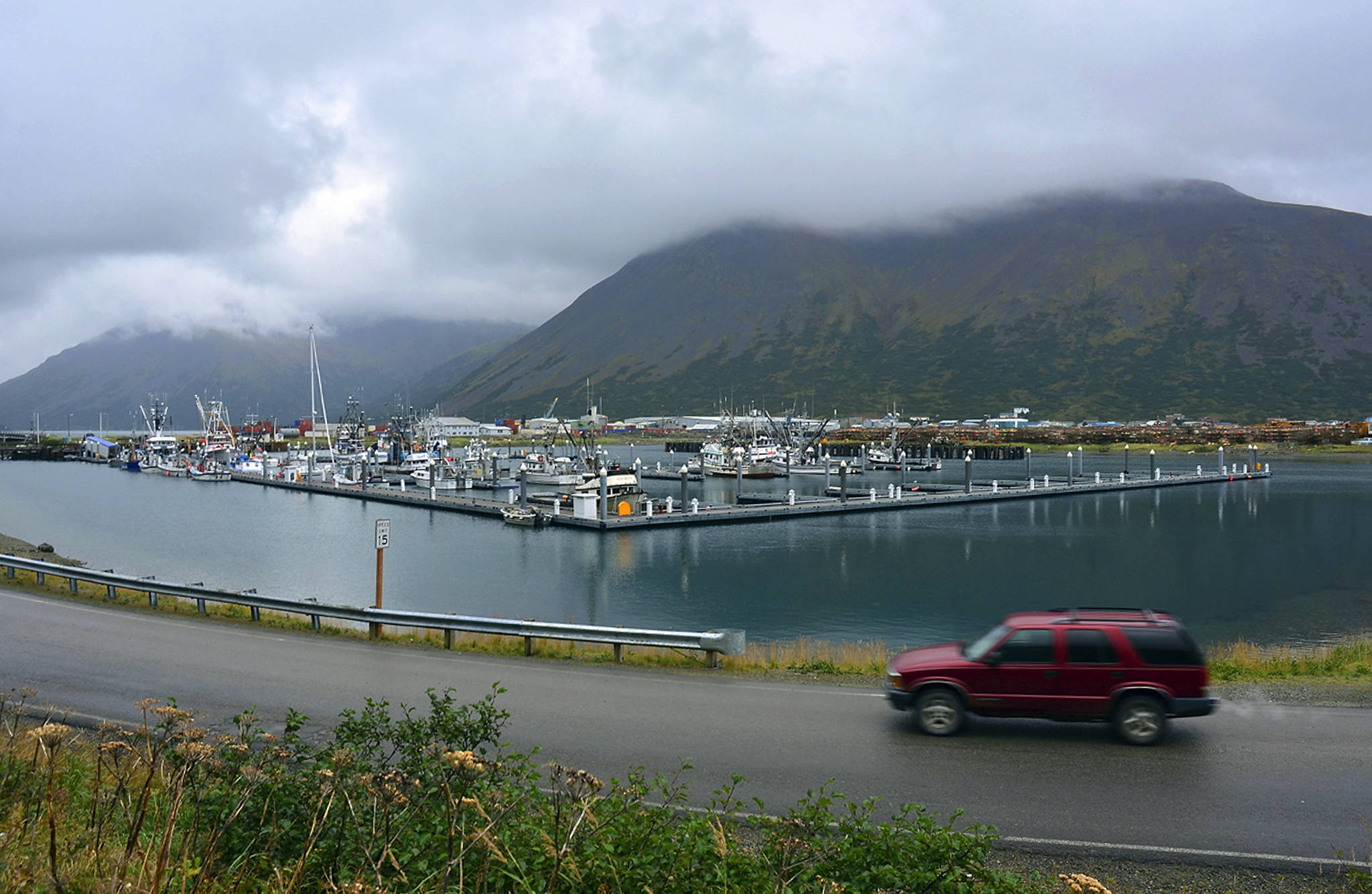ANCHORAGE — The Trump administration violated federal law with a proposed road through a national wildlife refuge in Alaska, a federal judge ruled Friday, saying the project would have reversed previous policy without explanation.
U.S. District Court Judge Sharon Gleason rejected an Interior Department land exchange that would have led to a road through Izembek National Wildlife Refuge, an internationally recognized habitat for migrating waterfowl.
Former Interior Secretary Ryan Zinke signed a land exchange agreement for the road more than a year ago. Nine environmental groups sued a week later.
In her written decision, Gleason said Zinke was required to acknowledge that the road was a reversal of previous Interior Department policy and to provide an explanation.
“An agency may not simply discard prior factual findings without a reasoned explanation,” Gleason wrote, quoting a previous case. “But that is not what happened here.”
The decision is the latest development in a long dispute over access in Izembek. Congress created the 486-square-mile refuge in 1980. Residents say they were not properly consulted before their access to the area was limited.
The road would split an isthmus as narrow as 3 miles on the southern border of Izembek Lagoon. It holds one of the world’s largest beds of eelgrass, a rich food source for Pacific brant geese, endangered Steller’s eider sea ducks and other migratory birds.
The isthmus separates King Cove, a fishing community of about 900 people sandwiched between ocean and mountains, and an all-weather airport at Cold Bay.
Zinke, at the urging of Republican U.S. Sen. Lisa Murkowski and other Alaska officials, portrayed the road as a people-versus-wildlife issue.
Strong winds at King Cove frequently prompt flight cancellations. Residents for decades have sought a road to Cold Bay, the site of an airport for emergency flights for patients. The facility was built during World War II and features one of Alaska’s longest runways.
Congress in 1997 addressed the King Cove transportation issue with a $37.5 million appropriation for water access to Cold Bay that included a $9 million hovercraft.
The Aleutians East Borough, the regional governing body, took the vessel out of service after deciding it was too expensive and unreliable.
The U.S. Fish and Wildlife Service in 2013 concluded that a road through the isthmus could cause irrevocable damage to the watershed. Former Interior Secretary Sally Jewell agreed with a Fish and Wildlife analysis that found a land exchange could not compensate for the special qualities of existing wildlife refuge lands.
Zinke signed a land exchange swapping up to 0.8 square miles refuge land for land of equal value offered by King Cove Native Corp.
He said at a signing ceremony that the 12-mile section of the road through the refuge would cause no harm to wildlife but would make a difference to children or mothers who need to get to a hospital. He said the road was a priority for President Donald Trump.
Environmental groups criticized the agreement, saying it was hatched in secret and the road would inevitably be opened to commercial usage, severely damaging the refuge. They hailed Gleason’s decision Friday.
“The agency’s attempt to skirt the law to benefit private or commercial interests disregards the intention of Congress and the purpose of the Refuge System itself,” said Katie Strong, senior staff attorney with Trustees for Alaska, which represented the environmental groups in the lawsuit.
Della Trumble, spokeswoman for King Cove Corp., made up of members of two federally recognized Aleut tribes, called the ruling disappointing.
“The King Cove Group will never give up our fight for this land exchange,” she said in a statement. “It is so crucial for safeguarding the lives of our families. This access is truly a matter of life and death for us.”
• By DAN JOLING, Associated Press

